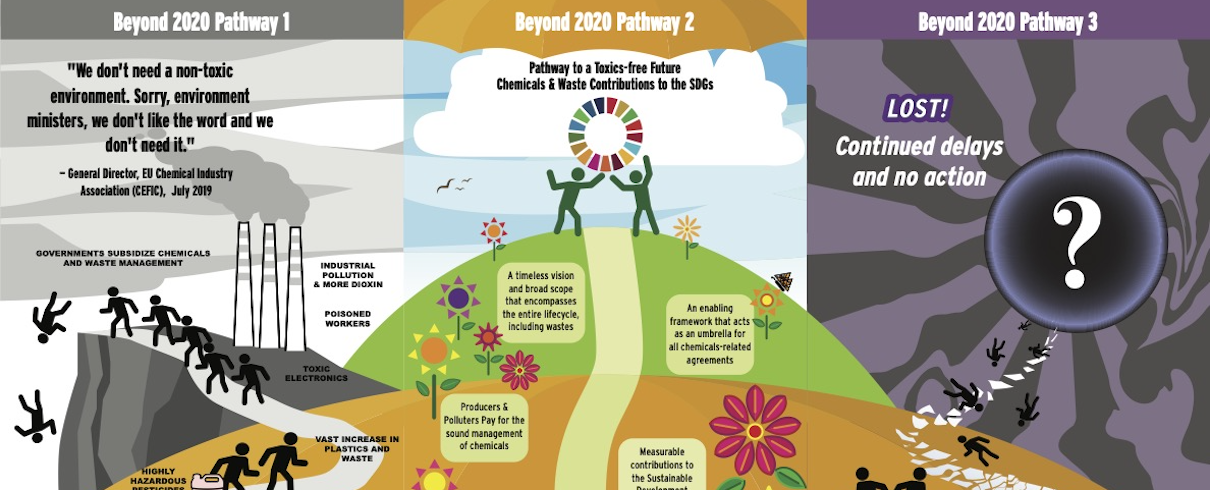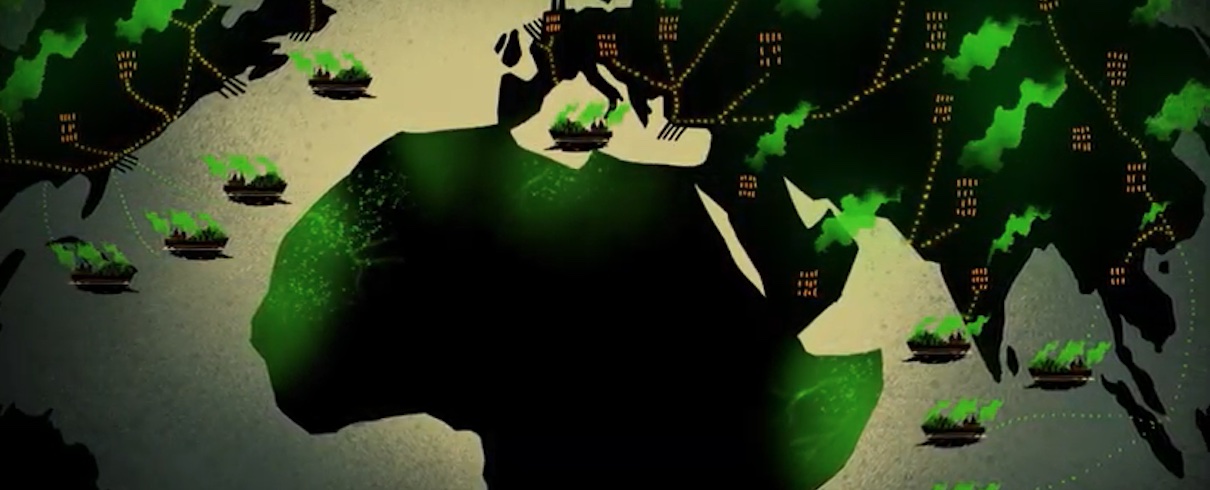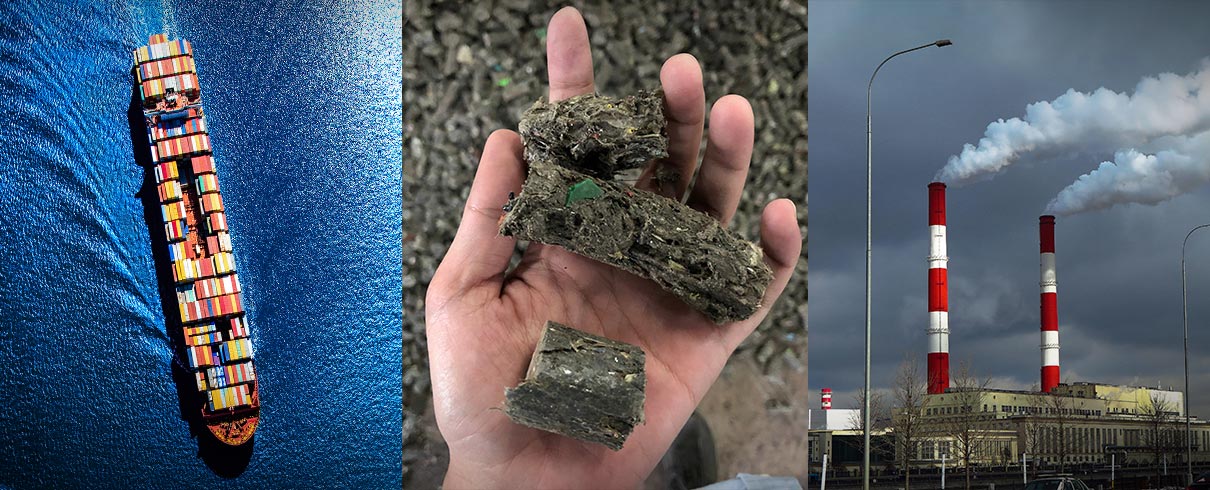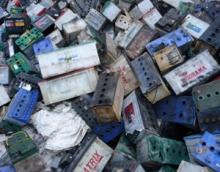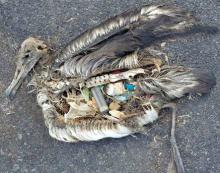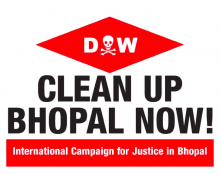IPEN Participating Organizations PAN- Ethiopia; CREPD- Cameroon; CJGEA- Kenya; and AGENDA- Tanzania have jointly issued a press release with Oeko-Institut on the health and environmental hazards facing many Africans from recovery of lead from waste batteries, the practice commonly referred to as Used Lead Acid Battery (ULAB) recycling. Partners in four African countries and Germany made a study on the recycling practices involved, which was found to cause fatal lead poisoning to the workers in the recycling facilities and surrounding communities:
Freiburg/Berlin: When the United Nations Environment Assembly (UNEA) meets in Nairobi on Monday, its agenda will include one of the new and major health and environmental hazards facing many African countries today: the recovery of lead from waste batteries. In sub-Saharan countries, in particular, unsound recycling practices cause severe and even fatal lead poisoning of the people working in and living around small and industrial-scale lead smelters, including children. This is just one of the findings of the broad cooperation project initiated by Oeko-Institut that involved African environmental organisations in Cameroon, Ethiopia, Kenya and Tanzania.
